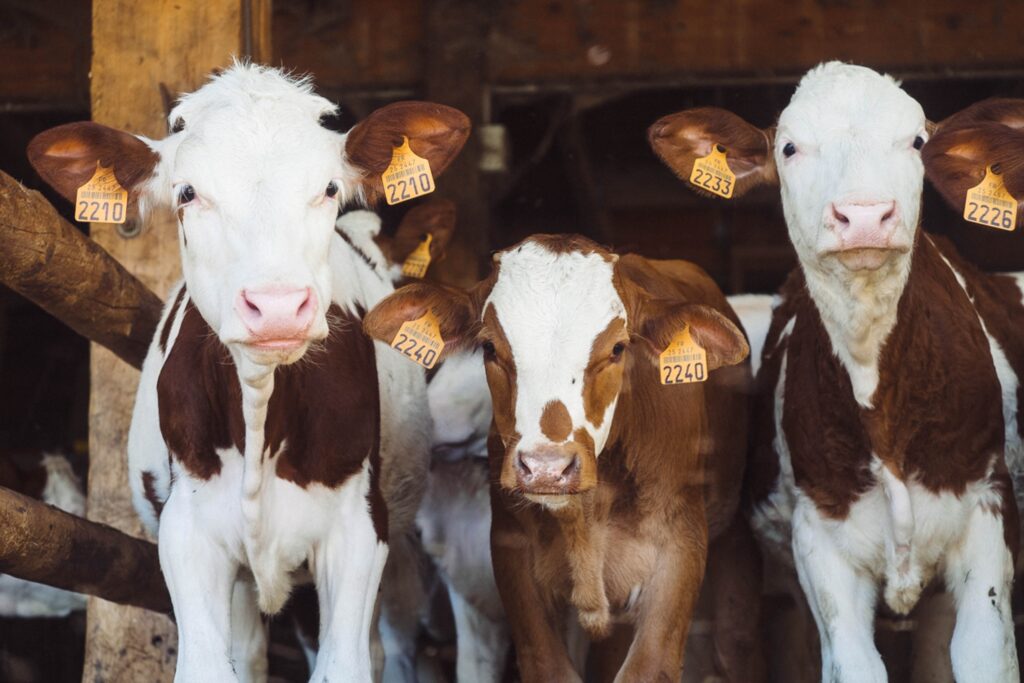Brace yourself for the following information overload, but it is essential knowledge especially for Hampshire herds…
An inconclusive reactor (IR) is an animal with a skin test result that is neither clear (negative) nor positive. Once found, they must be isolated from the rest of the herd until they are re-tested. This is to reduce the risk of spreading TB to other cattle.
For officially TB free (OTF) herds, when the test results are reviewed by APHA, the need for continuing whole herd movement restrictions until the IR re-test is assessed against the ‘three year rule’. APHA looks at the TB history of the herd over the last three years. If there has been a TB breakdown with lesion and/or culture positive animals on the holding within the past three years and other criteria are fulfilled, the three year rule applies.
If the three year rule applies then whole herd movement restrictions stay in place until the IR is re-tested. If the three year rule does not apply then the whole herd movement restrictions are cancelled with a new restriction notice (TB34) that only applies to the IR(s). If whole herd movement restrictions are lifted then you are free to trade and it is only the IR(s) that need to remain isolated and cannot move off the holding except under licence.
IRs pose a TB risk to the rest of the herd, however it’s not straightforward to quantify this risk for individual herds. Also the likelihood of an IR becoming a 2xIR or reactor will vary from animal to animal.
If an IR dies on farm or has to be put down for welfare reasons, you need to inform APHA.
IRs are re-tested after a minimum of 60 days and if tested clear the animal is then known as a ‘resolved IR’ and may re-join the herd. In the High Risk Area (HRA) and Edge Area (and TB breakdown herds in the Low Risk Area), resolved IRs are restricted for life to the holding in which they were found. However, keeping resolved IRs in the herd poses significant risks.
Scientific studies have demonstrated that resolved IRs have significantly higher odds of becoming reactors at a subsequent test. For this reason, all resolved IRs in the High Risk Area (HRA), Edge Area (Hampshire), and in TB breakdown herds in the Low Risk Area (LRA) must remain restricted for life to the holding in which they were found. The only licensed off movements permitted are to slaughter or to an Approved Finishing Unit (AFU). It is recommended that these animals are physically identified, such as freeze branding, management tag or marking the passport, to prevent them from accidentally moving off the holding.
Resolved IRs can be released from their life-long restrictions by private interferon-gamma blood testing paid for by the keeper with the approval of APHA.
In short: A General Licence is required to move resolved inconclusive reactors from herds in Hampshire (with officially TB free status) to slaughter however this is not required from herds in Surrey or West Sussex. This licence can be found on:
Get in touch to find out more about how we can help you

